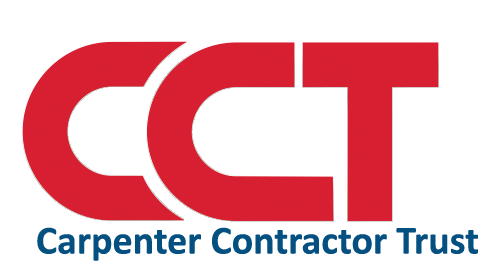Hollywood came to a standstill last month when SAG-AFTRA, the union representing more than 160,000 actors, radio personalities and other performers, joined the Writers Guild of America in a historic double strike against the film and television studios.
It was above-the-fold news in the Friday New York Times. It spent hours on website homepages. And it was a trending topic on several social channels.
Finally: a story for everyone.
The actors and writers are demanding a fair contract that reflects the changing landscape of the entertainment industry, where streaming services and artificial intelligence have disrupted traditional business models and eroded the livelihoods of creative workers.
This strike is not just about celebrities fighting for more money. It is about the dignity and rights of all workers who contribute to the cultural and economic fabric of our society. It is about standing up to corporate greed that exploits labor while rewarding executives with obscene bonuses. It is about ensuring union labor is skilled labor, that it is trained to deliver the best work and that it provides a path to the middle class for millions of Americans.
Sound familiar?
There are thousands of unions across the U.S. fighting for the same thing. Rarely do their battles see the light of day in the New York Times or TikTok.
So, let’s not let this opportunity pass.
Let’s use SAG-AFTRA and the Writers Guild to kick down closed doors and start conversations that need to happen.
Conversations about job misclassification. Conversations about wage theft. Conversations about exploiting fellow humans.
Why now?
Because the issues are not unique to Hollywood. They affect workers across industries and sectors who face similar challenges. Workers who see their jobs outsourced, automated or devalued by algorithms. Workers who struggle to make ends meet with stagnant wages, precarious contracts and inadequate benefits. Workers who have no voice or representation in their workplaces or the political arena.
That is why SAG-AFTRA’s strike is an example of solidarity and collective action we must follow. By joining forces with the writers, the actors have shown they won’t accept the status quo imposed by the studios, which have offered them a contract that fails to address their core concerns. The studios claim they have made “historic” concessions, but, in reality, they have tried to divide and conquer unions by offering different terms to different groups of workers.
I’ll ask again: Sound familiar?
The actors and writers are not asking for anything unreasonable or extravagant. They simply seek a fair share of profits they help generate for studios and streamers, which have seen revenues soar during the pandemic and mass cord-cutting. They are asking for better compensation, residuals, pension and health contributions, audition protections and shortened series option periods. They are asking for respect and recognition for their work and their craft.
These are not just demands for themselves, but for all workers who deserve a living wage, a secure retirement, a safe work environment and a say in their future.
These are not just demands for today, but for tomorrow, when new technologies and platforms will pose new threats and opportunities for workers. These are not just demands for Hollywood, but for America, where labor issues are front and center for firemen, journalists and carpenters.
SAG-AFTRA’s strike is a win for all those workers because it shows that unions are not obsolete or irrelevant in the 21st century. On the contrary, unions are essential and effective tools for advancing workers’ interests and rights. They are also vehicles for building community and solidarity among workers who share common goals and values.
As SAG-AFTRA President Fran Drescher said during a recent news conference: “If we don’t stand tall right now, we are all going to be in jeopardy.”
The actors and writers are standing tall together, and they deserve our support. Let’s stand with them.
Cyndie Williams is the executive director of the Carpenter Contractor Trust.
